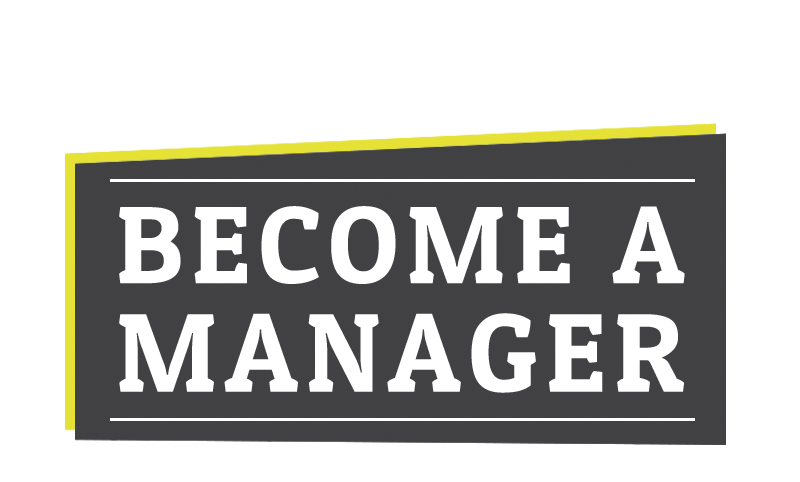
Based on your answers, it looks like you’d make an excellent manager. This will be an important step in your career, which means you’ll need to really prepare for what’s to come. The checklist below highlights some of the skills you’ll need to work on to successfully move up into management. Each section of the checklist includes content that will help you dive deeper into each skill. Becoming a great manager takes a lot of time and effort, so just remember to focus on the process of building your skills and the results will follow.
|
|
CONQUER YOUR FEARS |

Combat Impostor Syndrome

Know That You’re Not Alone
When I became a manager, I thought that I needed to have all the answers and be able to solve all issues — a sort of hero, if you will. That’s when impostor syndrome can set in. It took a while to understand that there are a lot of grey areas and it’s okay not to have all those answers by myself. Fortunately, there are a lot of great resources at my disposal such as my peers, my manager, and management training, that I rely on more heavily now than I did at the beginning of my time as a manager.
Bill Goodrich
Tech Lead, Engineering
HubSpot
|
|
BUILD CONFIDENCE WITH PUBLIC SPEAKING |

Practice and Make Mistakes … For Fun

Nail Your Next Speaking Gig
|
|
DEVELOP YOUR LEADERSHIP SKILLS |

6 Defining Qualities That Make a Great Leader

How Leadership Changes When You Become a Manager

Give Your Team the Resources and Information They Need to Be Successful
When I think back at my own career -- the most valuable lessons were learned in action. By working through real problems or opportunities you get out of generalizations and into something more lasting. That said, formal training gives you the framework to better navigate those situations. So the ideal learning environment is one that is rich in training, but also intentionally creates experiences designed to stretch employees.
Meghan Keaney Anderson
VP of Marketing
HubSpot
|
|
LEARN HOW TO GIVE GREAT FEEDBACK |

Deliver Feedback With "Radical Candor"
Radical Candor is a combination of caring personally and challenging directly. This is a concept that extends beyond the boss-employee relationship -- it has an opportunity to influence how we all communicate and offer feedback to each other.
Read the Full Article“Impromptu feedback is the most important thing that managers do for the people who work for them ... but it’s really, really hard to do it. That’s why I call it ‘radical candor’, because it’s so rare that it happens.”
Kim Scott
Author, Radical Candor
|
|
EMPOWER AND ENABLE YOUR TEAM |

Successfully Manage Your Own Time
Time management is one of the hardest parts of a manager's job. It's difficult to balance your own output and the needs of your team, and finding this balance has a lot to do with prioritization. So, how do effective managers manage their time? This article shares some top tips for time management and productivity from great managers.
Read the full article
Develop Your Emotional Intelligence
Someone who has high emotional intelligence is able to recognize and monitor their own and others' feelings and emotions, to engage with and navigate them, and then to use that emotional information to guide their own thinking and action. Developing this skill will help you uncover the emotional pieces that are missing from what a person actually says out loud so you can use that information in an effective way.
Read the full article
Become an Amazing Mentor
Enable Curiosity

Solve for the Company, Then Your Team, Then Yourself
|
|
NEVER STOP LEARNING |
Check out these suggested books if you want to get a leg up on developing your leadership and management skills.

The First 90 Days
By Michael Watkins - From mental preparation to early wins, this book will walk you through your first 90 days as a new manager and help you get up to speed faster and smarter.
Buy it on Amazon
Help Them Grow or Watch Them Go
By Beverly Kaye and Julie Winkle Giulioni - Frequent, career-related conversations help increase employee self-awareness. This book will show you how employees can own their careers and develop themselves.
Buy it on Amazon
Leaders Eat Last
By Simon Sinek - Trust and cooperation are essential to our success and fulfillment. This books explains how leaders can intentionally create a culture of hard work and loyalty.
Buy it on Amazon|
|
SHARE WHAT YOU'VE LEARNED |


